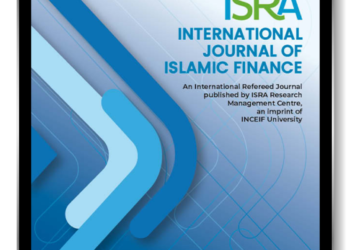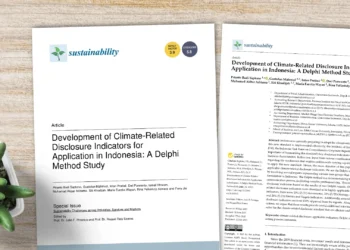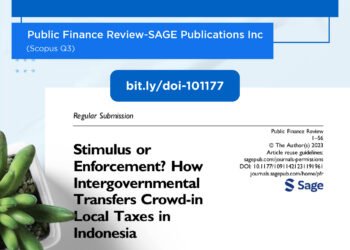Dr. Prianto Budi S., Ak., CA., MBA
Dosen, Dep. Ilmu Administrasi Fiskal, FIA UI dan Direktur Eksekutif Pratama-Kreston Tax Research Institute
Cyntia Ayudia, S.I.A.
Peneliti, Pratama-Kreston Tax Research Institute
Muhammad Akbar Aditama, S.I.A.
Peneliti, Pratama-Kreston Tax Research Institute
[pdf-embedder url=”https://tri.pratamaindomitra.co.id/wp-content/uploads/securepdfs/2021/11/General-Tax-Provisions-and-Procedures-Issues-on-the-Omnibus-Law-in-Indonesia.pdf” title=”General Tax Provisions and Procedures Issues on the Omnibus Law in Indonesia”]
This study analyzes policy issues regarding general provisions and tax procedures based on the tax omnibus law idea. In 2020, Law No. 28 of 2007 concerning General Tax Provisions and Procedures as ceremonial law has undergone substantial and fundamental amendments. The amendments are in Law No. 11 of 2020 concerning Job Creation. This descriptive qualitative study uses data techniques such as documentation and literature studies.
The study concluded that the omnibus law’s purpose was to encourage voluntary taxpayer compliance and increase legal certainty. This omnibus law policy shows the government’s desire to provide justice and convenience to taxpayers. The rearrangement of administrative tax sanctions (interest, fines, increases) and interest returns that refer to the reference interest rate and the uplift factor component has met three indicators: time value of money, proportionality principle according to the error rate, and the principle of guilt. Also, regulatory amendments to achieve legal certainty can positively impact more optimal tax revenue in the future, reduce compliance costs, and reduce tax avoidance. However, this regulatory change needs to be in line with clear implementing regulations, not multiple interpretations, and still prioritizing socialization to the public.
IJSRP | DOI http://www.ijsrp.org/research-paper-0921.php?rp=P11711643




























